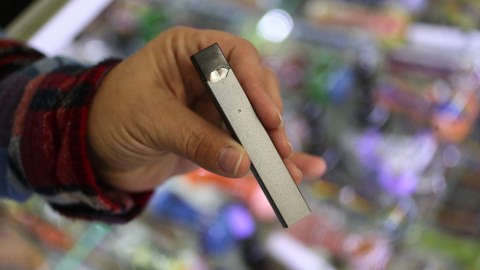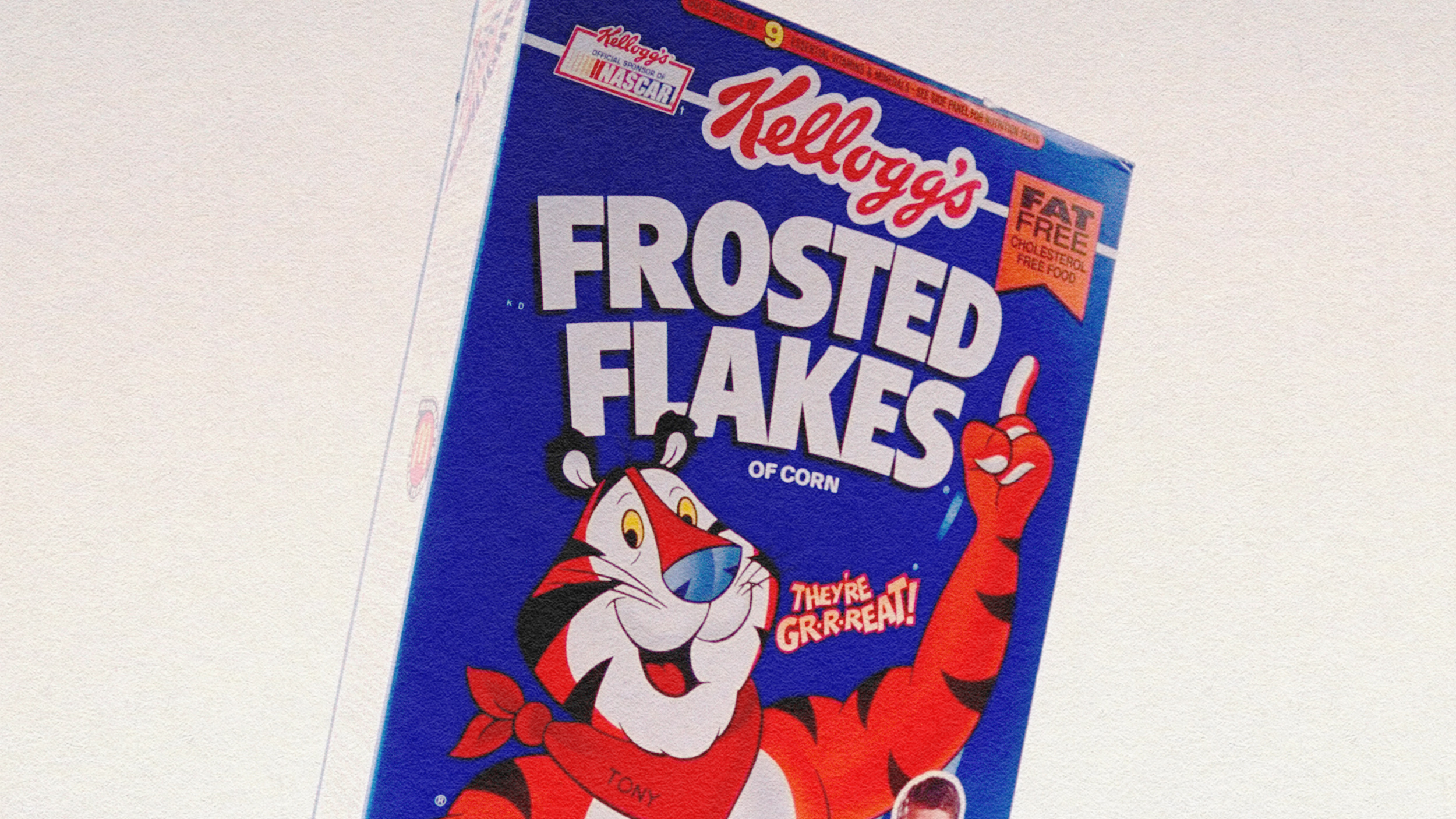Juul illegally marketed e-cigarettes, F.D.A. says

Boston Globe / Contributor
- The F.D.A. submitted a warning letter to Juul Labs on Monday, requiring the company to correct its claims about its products.
- The move comes amid a surge in vaping-related hospitalizations, though Juul products haven’t been specifically implicated in the more than 450 hospitalizations and five deaths.
- It’s still unclear whether e-cigarettes are indeed a safer alternative to traditional cigarettes.
The Food and Drug Administration said Monday that Juul Labs, the massively successful e-cigarette company, illegally marketed its vaping products as a safer alternative to combustible cigarettes.
A warning letter sent by the F.D.A. to Juul’s CEO Kevin Burns cited congressional testimony from July in which teenagers said a Juul representative had visited their classroom and claimed that Juul products were “99% safer than cigarettes,” that the “F.D.A would approve it any day,” and even that they were “totally safe.” The letter also mentioned a statement from Burns on the Juul website that said Juul products “heat nicotine liquid and deliver smokers the satisfaction that they want without the combustion and harm associated with it.”
These types of claims are illegal, the FDA says, because there is no scientific data showing that vaping is indeed a safer alternative to traditional cigarettes.
“Regardless of where products like e-cigarettes fall on the continuum of tobacco product risk, the law is clear that, before marketing tobacco products for reduced risk, companies must demonstrate with scientific evidence that their specific product does in fact pose less risk or is less harmful,” said Dr. Ned Sharpless, the acting F.D.A. commissioner. “Juul has ignored the law and, very concerningly, has made some of these statements in school to our nation’s youth.”
The F.D.A.’s move comes amid a surge of vaping-related health emergencies in the U.S., including more than 450 hospitalizations and five deaths across at least 33 states. These cases haven’t been linked to one specific product or device, and Juul products haven’t been directly implicated as a cause.
However, health officials report that some of these cases seem to involve black-market vaping cartridges that contain THC or nicotine (or both), and also, unbeknownst to users, harmful additives like vitamin E acetate.
“While this investigation is ongoing, people should consider not using e-cigarette products,” the CDC’s Dana Meaney-Delman, said during a briefing on the outbreak.
The F.D.A.’s warning letter presents Juul with yet another branding setback. The company has increasingly been accused of marketing e-cigarettes to minors, particularly through flavored vape juices, which some say has led to a public health crisis. Earlier this month, for example, Michigan became the first U.S. state to move to ban the sale of flavored e-cigarettes.
“As governor, my number one priority is keeping our kids safe,” Michigan Gov. Gretchen Whitmer said in a statement. “And right now, companies selling vaping products are using candy flavors to hook children on nicotine and misleading claims to promote the belief that these products are safe. That ends today.”
Scientists currently aren’t able to definitively say whether e-cigarettes are safer than traditional cigarettes, but research does show that vaping can damage the heart, cardiovascular cells, and lungs. And while it’s unclear how future studies might shape the regulation of companies like Juul, former F.D.A. Commissioner Scott Gottlieb suggested the industry could face an “existential crisis” if more kids turn to vaping.
“I still believe e-cigs offer an opportunity for currently addicted adult smokers to transition off cigarettes and onto products that may not have the same level of risks. But if youth use continues to rise, the entire category faces an existential threat,” Gottlieb tweeted in January. “I believe if every currently addicted adult smoker switched completely to e-cigs it would provide a tremendous public health gain. But that opportunity is in significant risk if kids use continues to rise.”





